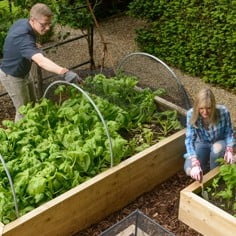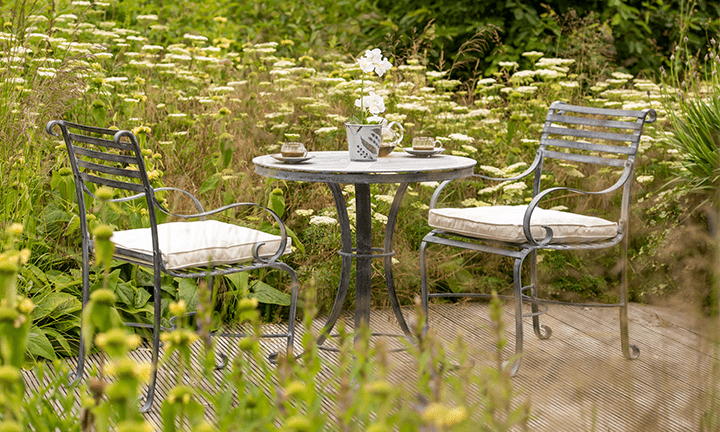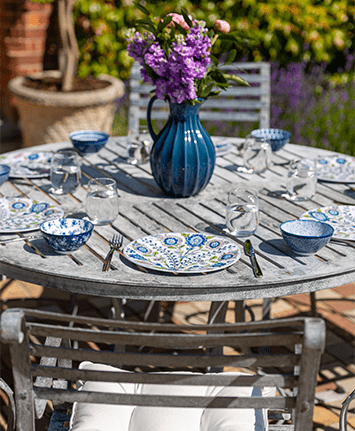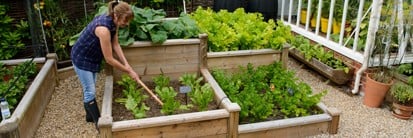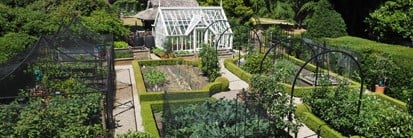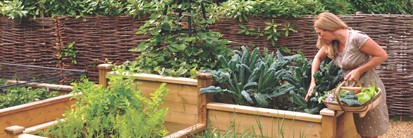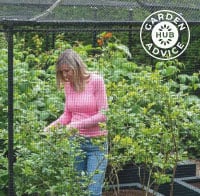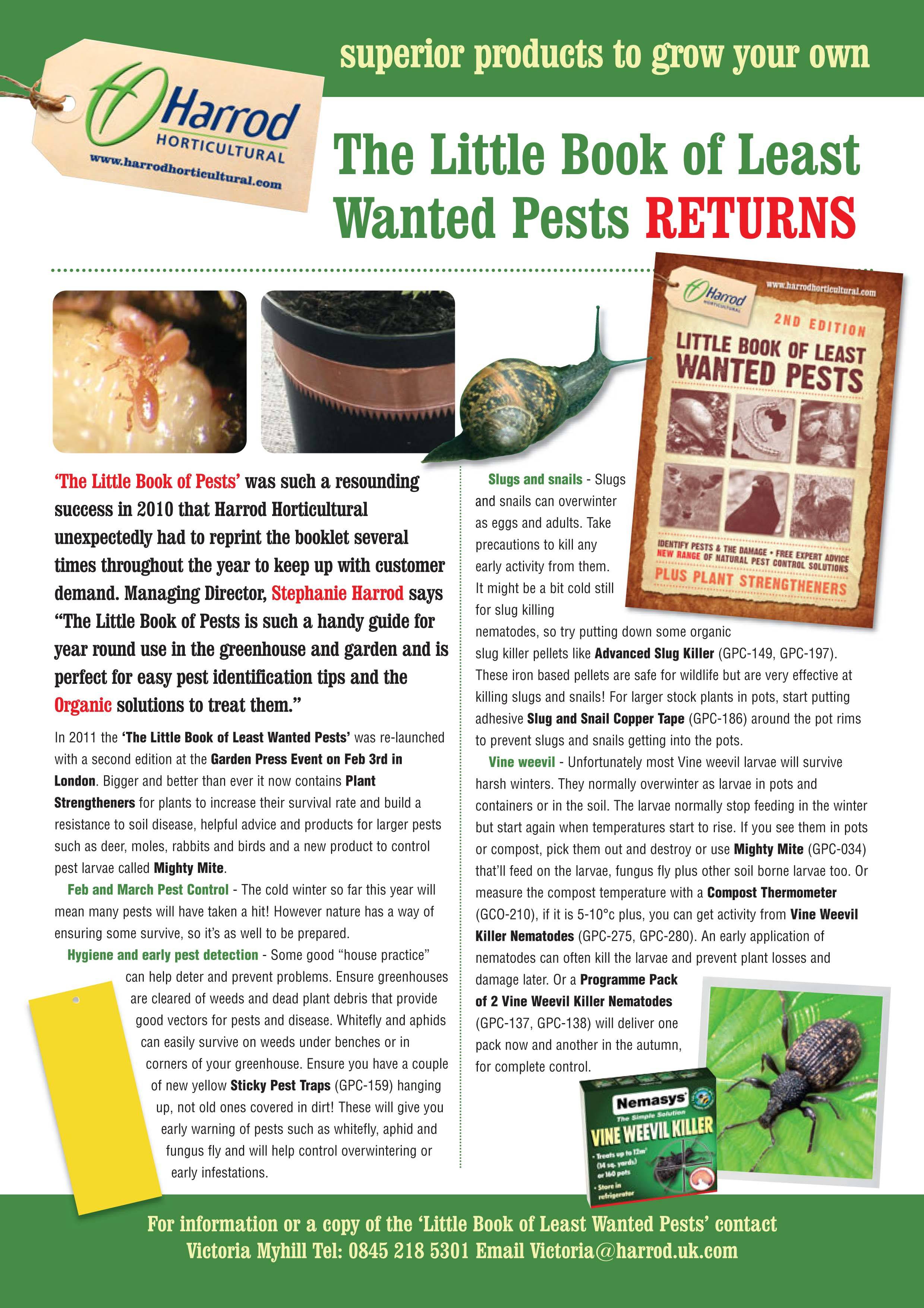 THE LITTLE BOOK THAT'S A BIG HELP!
THE LITTLE BOOK THAT'S A BIG HELP!
‘The Little Book of Pests’ was such a resounding success in 2010 that Harrod Horticultural unexpectedly had to reprint the booklet several times throughout the year to keep up with customer demand. Managing Director, Stephanie Harrod says “The Little Book of Pests is such a handy guide for year round use in the greenhouse and is perfect for easy pest identification tips and the Organic options to treat them.”
In 2011 the ‘The Little Book of Least Wanted Pests’ is being re-launched at the Garden Press Event on Feb 3rd in London. Bigger and better than ever it now contains Plant Strengtheners for plants to build a resistance to pests and disease from seed, helpful advice and products for larger pests such as deer, moles, rabbits and birds and a new product to control pest larvae called Mighty Mite.
Feb and March Pest Control
The cold winter so far this year will mean many pests will have taken a hit! However nature has a way of ensuring some survive, so it’s as well to be prepared.
Hygiene and early pest detection
Some good “house practice” can help deter and prevent problems. Ensure greenhouses are cleared of weeds and dead plant debris that provide good vectors for pests and disease. Whitefly and aphids can easily survive on weeds under benches or in corners of your greenhouse. Ensure you have a couple of new yellow Sticky Pest Traps [GPC-159] hanging up not old ones covered in dirt! These will give you early warning of pests such as whitefly, aphid and fungus fly and will help control overwintering or early infestations.
Slugs and snails
Slugs and snails can overwinter as eggs and adults. Take precautions to kill any early activity from them. It might be a bit cold still for Slug killing nematodes, so try putting down some organic slug killer pellets like Advanced Slug Killer [GPC-149, GPC-197]. These iron based pellets are safe for wildlife but are very effective at killing slugs and snails! For larger stock plants in pots, start putting adhesive Slug and Snail Copper Tape [GPC-186] around the pot rims to prevent slugs and snails getting into the pots.
Vine weevil
Unfortunately most Vine weevil larvae will survive harsh winters. They normally overwinter as larvae in pots and containers or in the soil. The larvae normally stop feeding in the winter but start again when temperatures start to rise. If you see them in pots or compost, pick them out and destroy! Or measure the compost temperature with a Compost Thermometer [GCO-210], if it is 5-10 °c plus, you can get activity from Vine Weevil Killer Nematodes [GPC-275, GPC-280]. An early application of nematodes can often kill the larvae and prevent plant losses and damage later. Or a Programme Pack of 2 Vine Weevil Killer Nematodes [GPC-137, GPC-138] will deliver one pack now and another in the autumn, for complete control.





